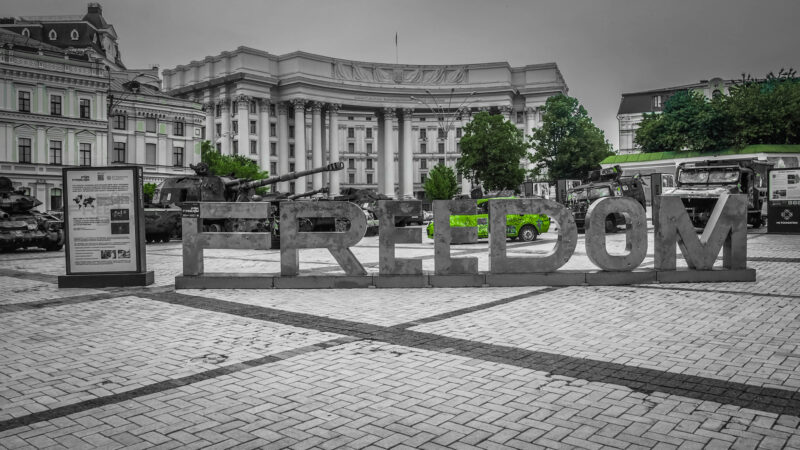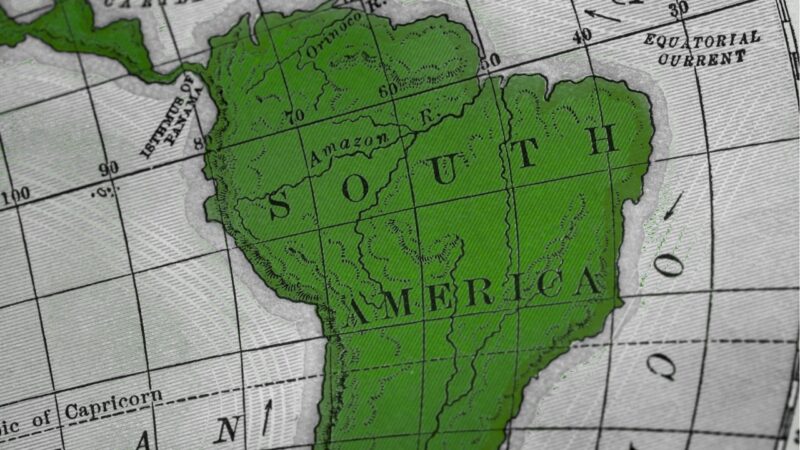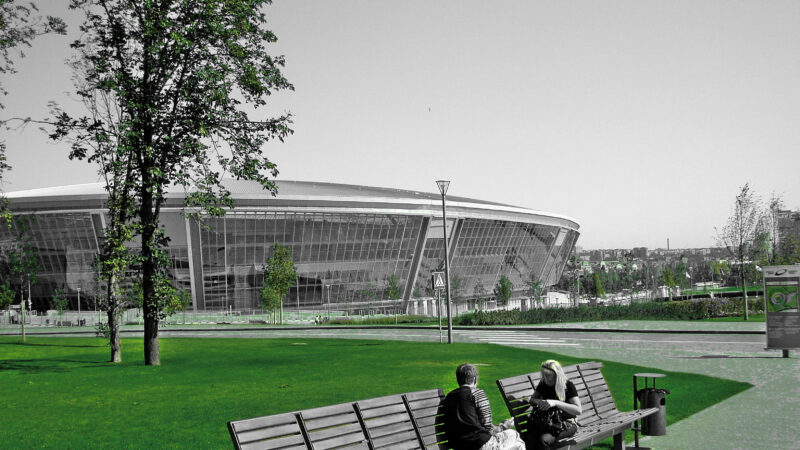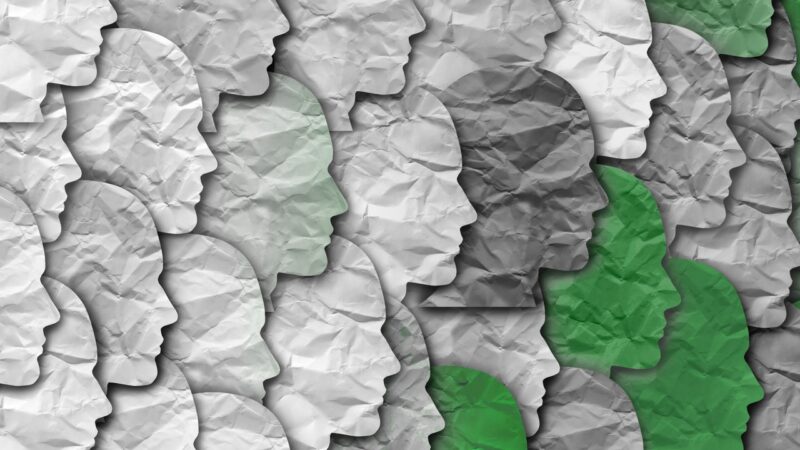Russian foreign policy and the origins of the “Russian World”
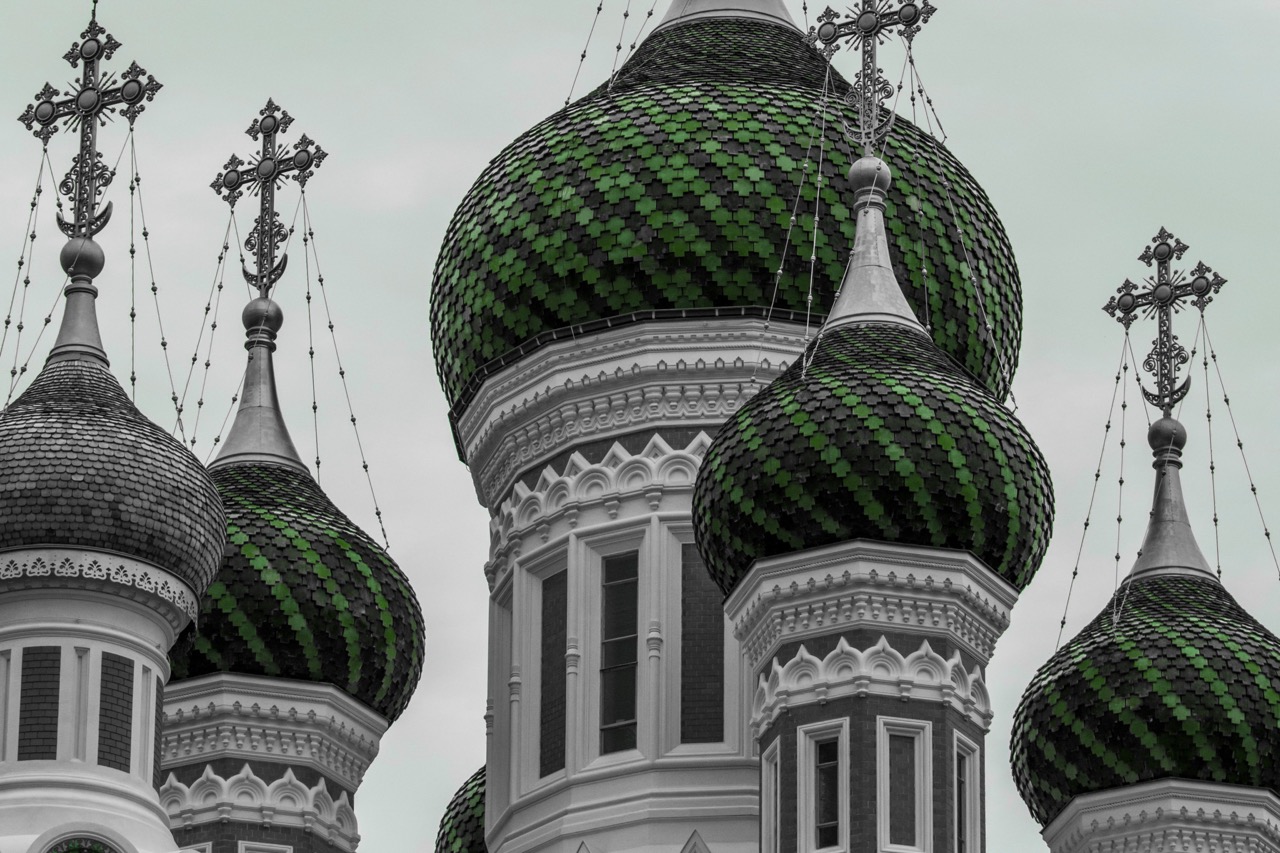
Just a few months ago, Irpin and Bucha were cozy towns on the outskirts of Kyiv, Ukraine’s capital, popular among young families and retirees thanks to their parks, peaceful atmosphere, and reasonable housing rates.
Things changed drastically after 24 February, when Russia launched its escalated invasion of Ukraine. In its attempt to capture Kyiv, the Russian Army besieged Irpin and Bucha and took hostage their inhabitants. A month later, after the Russians were forced to retreat, Ukrainians revealed mass graves of civilians killed during the occupation. As witnesses reported, torture and rape were common, as well as looting. The senseless cruelty of Russian soldiers went far beyond the usual violence of war. The war crimes in Irpin and Bucha became only the first in a long and growing list of wanton atrocities committed by the invading Russians.
Thus, everything that had happened in Bucha, Irpin, and other Ukrainian cities and towns—and is continuing to happen—was not just a tragic accident. It is a deliberate genocidal policy of Russia against Ukraine, inspired by the concept of the Russkii mir or “Russian World.”
Origins of the “Russian World”
At the beginning of the 2000s, Russian government policy started pivoting away from previous attempts to effect democratic change, which were hindered by the corruption of Russian elites, and towards a neo-autocracy led by the federation’s second president, Vladimir Putin, a former KGB officer. The Russian state treasury had swelled with money from oil and gas exports, which brought not only higher standards of life for Russians but also an assiduously cultivated feeling of nostalgia for the Soviet Union, the political successor of the Russian Empire.
The West, which had been viewed as a partner to Russia in the 1990s, was re-assessed in the 2000s as an adversary whose covert actions had destroyed the USSR and broken the unity of its “brotherly nations” and satellite countries of the “near abroad.” The external threat that was at the core of the Russian mindset for ages emerged again.
This resentment was quite promptly reflected in the federation’s state military budget, which increased from 9 billion dollars in 2000 to almost 35 billion in 2006.
But the call for a revanchist empire demanded a new ideology—neither a pure Soviet nor a czarist ideology, but one that matched the realities of the 21st century.
Changes in Russia’s foreign policy became evident in 2005 after Ukraine’s “Orange Revolution,” a months-long civilian protest against the falsification of the presidential election, where Russia had backed a pro-Russian candidate, Viktor Yanukovych, and appeared to influence the results.
In Russia’s perception, the “Orange Revolution” was an organized operation to provoke an anti-Russian and pro-American uprising in Ukraine using soft-power means. It was regarded by Russian elites as the result of a Western coup and awakened fears in the Kremlin that the Ukrainian experience might serve as a model for political change in Russia itself. The Kremlin then resorted to its centuries-old playbook, using the power of ideas to exert soft-power influence on other countries to its own nefarious ends.
In particular, Russia started re-shaping its public policy, language issues, and historical narratives as a way of exerting its power on neighbouring countries and as a way of imposing its own geopolitical interests in the post-Soviet space. The idea of the “Russian World,” which was initially conceptualized by a quasi-philosophical circle of Russian methodologists in the early 2000s, was taken up as a starting point and name for a new doctrine.
The declared bases of the “Russian World” are Russian language and culture, Orthodox faith, historical memory, and a common past, especially a reverent attitude toward the Great Fatherland War (Russia’s term for World War II), which is considered the greatest military victory of the Soviet Union. After applying the concept of the “Russian compatriot abroad” to citizens of neighbouring countries who have connections to the Russian culture, language, and traditions, Russia announced its wish to “protect” these compatriots’ rights and interests and declared it will battle for the hearts and minds of the citizens of these independent countries.
The world has since discovered that they meant “battle” literally, and the first to feel it was Georgia, which faced a Russian invasion in 2008.
Two more factors subsequently galvanized President Putin’s policy and pushed him to strengthen the “Russian World” doctrine, making it tougher and more severe. The first factor was a series of Russian opposition protests in 2012—a civic reaction to presidential elections which, according to opposition leaders, were rigged in Putin’s favour. His nightmare of an Orange Revolution in Moscow seemed to be coming true, despite the protests failing. The second factor was yet another revolution in Ukraine—this time in 2014, resulting in the abdication and escape to Russia of the pro-Russian Viktor Yanukovych, who had been the President of Ukraine since 2010. Spurred by student activism, the Euromaidan Revolution (aka Revolution of Dignity) was a successful Ukrainian response to his policy of autocracy and attempts to curtail the European choice of Ukraine. In fact, the protesters descended on Kyiv’s Independence Square (maidan) after Yanukovych’s government suddenly reversed its position and refused to sign the Association Agreement between Ukraine and the EU, which a lot of Ukrainians considered crucial for the country’s future.
Putin could not believe that a head of state could be fired as a result of civilian protests. His KGB past and Russia’s history told him that it could only be done through government backroom dealings. The fact that the world’s democracies supported the Euromaidan Revolution enhanced Putin’s conviction that the West, and the US in particular, were acting against him directly.
The Kremlin developed a rival “counter-revolutionary” propaganda[1] to justify Russia’s “special path,” consisting of a mélange of ideologies where Stalinism is combined with conservative Orthodoxy and selected modern philosophical approaches of methodologists, formulated in the latter 20th century.
Putin seized upon the idea of civilizational differences between Russia and the West, citing the philosopher Ivan Ilin, a direct disciple of the intellectual tradition of fascist ideology. The looming threat of a new “colour revolution” within the borders of the Russian Federation was one of the Kremlin’s biggest fears. The 2013–14 Euromaidan protests in Ukraine were labelled by the Kremlin as another “special operation” of the West directed against Russia.[2]
To a large extent, Russian foreign policy has always been part of its domestic policy, and the role of foreign policy issues increased significantly during certain periods of its history as an instrument of mass mobilization. Putin’s regime depends on militarism to retain power. In 2014, 86% of Russians supported the annexation of Crimea immediately after it took place. Popular feelings of victimhood and imperial longing help to justify Russia’s military aggression abroad.
When Russia annexed the Crimean Peninsula in 2014 and initiated a proxy war in the Donbas region of Ukraine, right through to the escalated war against Ukraine eight years later, President Putin and Patriarch Kirill, leader of the Russian Orthodox Church, have used “Russian World” ideology as their principal justification for the invasion.
In his so-called 2014 “Crimea speech,” Putin claimed that Russia was a divided nation: “Millions of Russians went to sleep in one country and woke up in a foreign land. Overnight they became national minorities in the former union republics. The Russian people became one of the largest, if not the largest divided people in the world.”[3]
Essence of the “Russian World”
The concept of the “Russian World” is a geopolitical imagining, argues Marlene Laruelle,[4] “a fuzzy mental atlas […] on which different regions of the world and their different links to Russia can be articulated in a fluid way. This blurriness is structural to the concept and allows it to be reinterpreted within multiple contexts.”
According to this approach, Russia should be represented as a unique civilization whose great power status is based on strong moral values, economy, and military capacity. It supports the belief that Russia should pursue independent, assertive, and opportunistic foreign policy in order to defend Russian interests and establish Russia as a great power that presents an alternative to Western democracy.
Several key characteristics of Russia-specific nationalism comprise the foundation for the “Russian World”: essentialism—the idea that there are special, eternal cultural qualities of the Russian people that distinguish them fundamentally from other peoples; aggrandizing imperial drive—from the start, Russian nationalists saw the service of autocracy and the preservation of empire as vitally important goals for their political activity; and imperial consciousness. This includes an intricate complex of traditional stereotypes that preserve stable statist values, hopes for “a wise tsar” and “a firm hand,” and imperial ambitions. The elitist variety of the “imperial consciousness” is above all connected with a geopolitical essentialism that arises in two interrelated notions: first, that the special Russian civilization be eternally preserved in the “Russian soul”; and second, that Western civilization presents a continual threat to Russian civilization.[5]
The conception of the “Russian World” as a transnational space of those who understand Russian language and have been touched by Russian culture was formulated in the 1990s by intellectuals and methodologists such as Petr Shchedrovitsky, Efim Ostrovsky, Gleb Pavlovsky, Valery Tishkov, and others. From a civilization perspective, the Russian language has been seen as a way of holding the “Russian World” together as a sort of a transnational tie that crosses state borders.
Because belonging to a cultural-linguistic group is considered to be the main determinant of one’s membership to the “Russian World,” its boundaries are not strictly delimited. Therefore, while the Russian Federation as a state has its limits, the “Russian World” does not.
In the mid-2000s, these ideas were accepted as a part of the Russian Federation’s re-formulated foreign policy. The term “Russian World” was generally understood to comprise not only the Russian diaspora itself but also an ideological concept of Russian culture and its mission in the world.
Furthermore, methodologists brought an additional dimension to the “Russian World” doctrine. From the point of view of methodology, activity is a fundamental reality of the world, and everything else, even humans, are just tools for activity. It gives special credit to technocracy as a way to turn whatever you need into a “tool”; the more effective you want to be, the more precise tool you need (or have to be), ideally a tool which follows its mandate without moral hesitation. To disseminate this thinking, the philosophy requires the total dehumanization of its followers, because effectiveness, as a main merit of technocracy, does not care about specific human “weaknesses” such as kindness, compassion, or empathy.
This approach has become extremely popular among the Russian political elite, and many officials have taken specific training, including Sergey Kirienko, first deputy head of the Presidential Administration of the Russian Federation.
It is more than likely that this technocratic approach on the part of the Russian elite has made its way through the entire Russian state system—resulting, among other things, in the cruelty of Russian soldiers who are “just trying to do their job” in the most efficient way.
But being only a “heartless technocrat” is not enough, one has to attain certainty of his moral righteousness to turn into a perfect war machine.
Russians get this feeling of self-righteousness from their Orthodox Church, which has become the second pillar of the “Russian World” doctrine.
The Russian Orthodox Church has become a major player in the discourse on Russian identity and on Russia’s relations with neighbouring states. Orthodoxy is now one of the most important institutions for preserving supranational principles in the Russian consciousness and maintaining the unity of the “Russian World” civilization. Patriarch of Moscow and All Russia Kirill has begun to pose not just as the head of the Orthodox Church of Russia but as a supranational spiritual leader of “Holy Russia,” which purports to include Russia, Ukraine, Belarus, Moldova, and—on a broader scale—all Orthodox Christians. From this perspective, Moscow views itself as the “Third Rome” and the only legal inheritor of the Byzantine Empire—in contrast to the “false Rome” of Washington.
Today, the Russian Orthodox Church has become the “moral foundation” for the Russo-Ukrainian war.[6]
The article by Sergeytsev, who belongs to the Methodologist circle mentioned above, is a perfect reflection of the “Russian World” idea. Ukraine is a “Nazi” state just because it dares to question the exceptional role of Russia in World War II, viewing it as a joint victory of allies in which not only Russian but also Ukrainian lives were sacrificed, along with the Americans, British, Poles, French, and others all over the world.
German Nazism of 1930–40 is interpreted by Russians as a consequence of the Western mindset crisis from which Russia “redeemed” the world; and today the West, soaked with moral decay, has rejected Russia’s sacrifice and decided to punish it for selfless help.
Ukraine is viewed not as an independent state and self-sufficient nation but as a tool of the hostile West, artificially created to hurt Russia. Ukraine, which consciously made European and democratic choices, undermines the Russian imperialist doctrine of the “divided nation.” Therefore, Ukraine is guilty because it does not want to share the common fate of the “Russian World” that had been imagined by intellectuals and clergymen.
Ukraine should be tied to Russia, otherwise it must be de-Ukrainianized and de-Europized. The historical self-righteousness of Russia and the blessing of the Russian Orthodox Church justify all the crimes of the Russian Army for the sake of the Russian World.
The “Russian World,” a concept and propaganda tool deliberately created and cherished in Russia during the last few decades, has a profoundly weak basis. It has no answer for the question of how to coexist with those who do not consider themselves to be a part of it.
[1] Popescu, N., Wilson, A. The Limits of Enlargement-lite: European and Russian Power in the Troubled Neighbourhood. European Council on Foreign Relations, London, June 2009.
[2] Tsygankov, Andrei. Vladimir Putin’s Last Stand: The Sources of Russia’s Ukraine Policy, Post-Soviet Affairs, Volume 31, Issue 4, 2015: 279-303; Van Herpen, Marcel H. Putin’s Propaganda Machine: Soft Power and Russian Foreign Policy. London: Rowman & Littlefield, 2015.
[3] (here and below translations and emphases made by the authors) Crimea Speech of Vladimir Putin. March 18, 2014; http://kremlin.ru/events/president/news/20603
[4] Marlene Laruelle. “The ‘Russian World’. Russia’s Soft Power and Geopolitical Imagination.” Center for Global Interests, May 2016:1.
[5] Emil Pain. “The imperial syndrome and its influence on Russian nationalism”, In: Pål Kolstø & Helge Blakkisrud (eds.) The New Russian Nationalism: Imperialism, Ethnicity and Authoritarianism 2000–2015. Edinburgh University Press, 2016:60
